Personal Injury
At the Fort Lauderdale Law Offices of Levy & Levy, P.A., you are our top priority and we take every case seriously. Our leading attorneys have extensive experience in several practice areas, including personal injury law and employment law, and will do whatever it takes to ensure your case ends with the best possible outcome.
Types of personal injury cases
Florida Vehicle Accidents
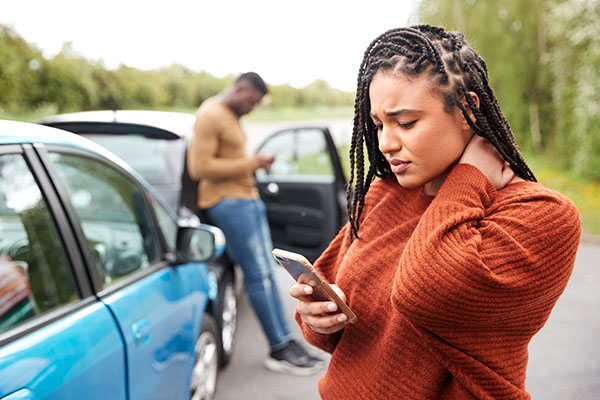
Legal claims that arise from vehicle accidents are typically governed by the law of negligence. Any individual who negligently operates a motor vehicle may be required to pay damages to an injured victim. A personal injury case involving a vehicle accident may become formalized through civil court proceedings, or may be resolved through an informal settlement before a lawsuit is filed.
The attorneys at Levy & Levy, P.A. have years of practice and a successful track record representing clients who have suffered significant injuries in automobile accidents. The attorneys at Levy & Levy, P.A. work closely with doctors and other health care providers to discuss the short and long-term medical consequences of an injury. We possess a detailed comprehension of Florida’s automobile insurance and liability laws and understands the different sources of recovery available to car accident victims and their families.
Vehicle accidents can include:
- Admiralty and Maritime Law
- ATV Accidents
- Automobile Accidents
- Taxi Cab Accidents
- Aviation Accidents
- Bicycle Accidents
- Boating Accidents
- Commercial Bus Accidents
- Cruise Ship Accidents
- Intersection Accidents
- Motorcycle Accidents
- Pedestrian Accidents
- Rear End Collisions
- Semi-Tractor Trailer Accidents
- School Bus Accidents
- SUV Rollover Accidents
- Train Accidents
- Truck Accidents
- Yacht Accidents
- Gas Tank Explosions
- Defective Airbags
- Defective Child Restraints
Anyone injured by a drunk driver in any vehicle accident, or surviving family members of a fatally injured accident victim, may be able to bring wrongful death charges against the defendant.
South Florida and Statewide Florida Taxi Accidents

Under Florida law, taxis are excluded from the state’s no-fault insurance law. This means that if you are injured in a taxi accident due to driver negligence, you can recover money damages without having to prove that you are permanently injured. The only question in a taxi accident case is how much money you should be awarded for your injury or loss.
The lawyers and staff at Levy & Levy, P.A., have the financial resources and experience to help you seek the maximum compensation for your injuries or loss in a taxi accident. From our principal office in Ft. Lauderdale, we represent clients throughout the state.
The background of the taxi driver can be an important factor in a taxi accident case. A general concern of many people is that taxi drivers operate their vehicles in a fast and careless manner. Our lawyers’ experience from handling numerous taxi accident cases is that an investigation of the driver may reveal a significant record of driving infractions and even criminal arrests. This can make a taxi accident case very difficult for the insurance company to defend and can significantly affect their valuation of your damages. In general, taxi accident cases have a higher value than other motor vehicle accidents.
Florida law requires taxis to carry high limits of mandatory insurance coverage. If you have been injured in a taxi accident in Florida, you are entitled to recover money damages for the full extent of your loss. This includes economic damages such as medical bills in the past and future, as well as loss of income in the past and future. You can also recover compensation for intangible damages such as physical pain, emotional pain, and suffering. If you suffer any permanent scarring or loss or impairment of any important bodily function, you are entitled to compensation for those damages as well.
Florida Aviation Accidents
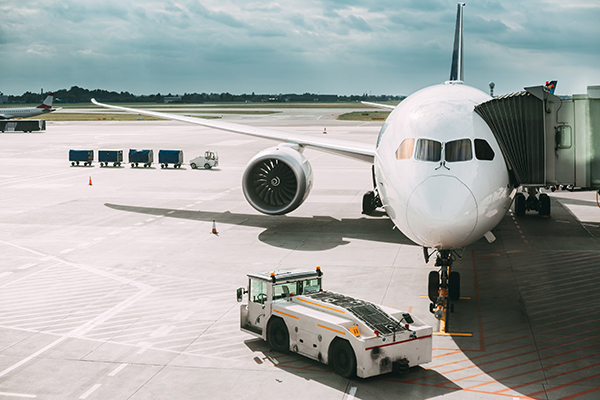
Florida Slip and Fall/Premise Liability
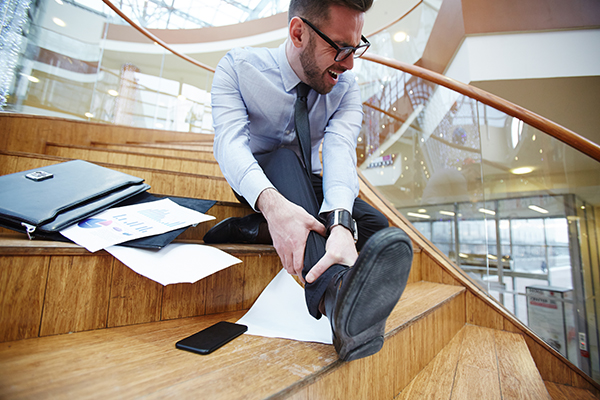
Florida Boating Accidents
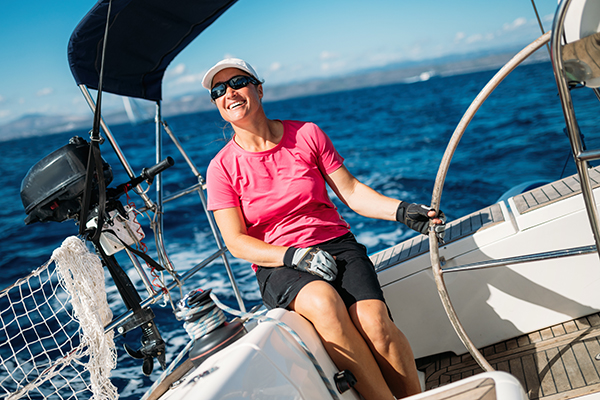
Typically, powerboats such as runabouts, cabin cruisers and jet skis are the most common watercraft to be involved in boating accidents, although sailboats can be involved in accidents as well. The most frequent sources of injuries are caused from propeller accidents and collisions. Because personal watercraft such as jet skis can’t be steered when the throttle is released, inexperienced drivers often have collisions when confronted with an emergency. Serious personal injury and even death can occur due to a boating collision or from a person falling over the side of a watercraft and drowning.
Florida Wrongful Death

A wrongful death occurs when a person is killed due to the negligence or misconduct of another individual, company or organization. A legal action for wrongful death belongs to the decedent’s immediate family members, usually a surviving spouse and children, and sometimes parents. Under certain circumstances, unrelated minor children living with and supported by the decedent may also bring a claim for wrongful death. In order to bring a successful wrongful death cause of action in Florida, the following elements must be present:
- The death of a human being caused by another’s negligent or intentional conduct.
- The survival of family members who are suffering the loss of financial support, love, care, comfort, supervision, guidance, household assistance and general society previously provided by the deceased.
The general rule in Florida in wrongful death cases is that one is entitled to recover both economic and non-economic damages which are suffered as a result of the loss of a loved one. Economic damages in a wrongful death case include an award for the financial contributions which the decedent would have made to his wife, children and/or parents had he or she survived. It also includes the recovery for funeral services in memory of the decedent and for burial costs. Non-economic damages include loss of love, companionship, comfort, affection, society, solace or moral support.
Florida Train Accidents

Train accidents can result in personal injury such as sprains and fractures, catastrophic injury such as head trauma, brain damage and paralysis and loss of lives or property. Train accidents can include derailments, collisions with passenger vehicles or other trains, grade crossing accidents or accidents due to mechanical failure. It is the railroad’s responsibility to ensure there are appropriate signals and gates at every railroad crossing for safety precautions. If the railroad fails to take such precautions, they are liable for any injury or death that ensues. Victims of train accidents may be entitled to compensation for pain and suffering, medical expenses, property damage, lost wages and loss of earning capacity.
Cruise Ship Accidents
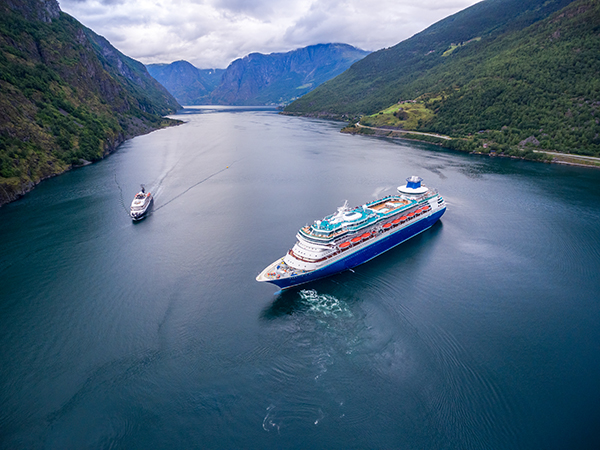
Florida Motorcycle Accidents

Florida SUV Rollovers
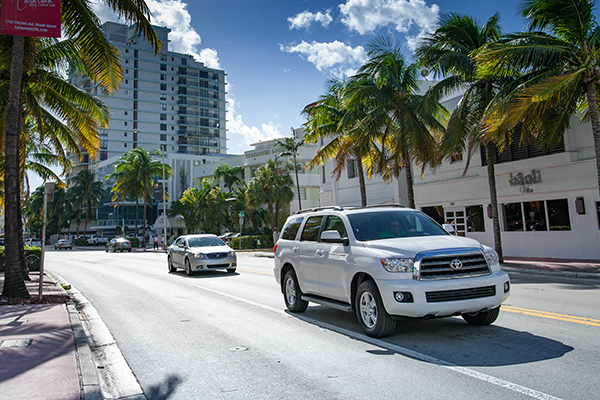
Florida Construction/On the Job Accidents

